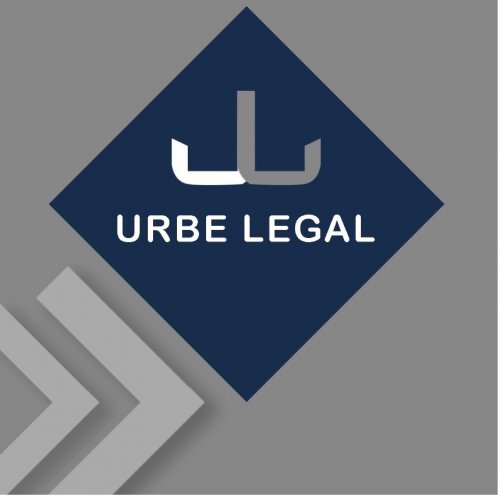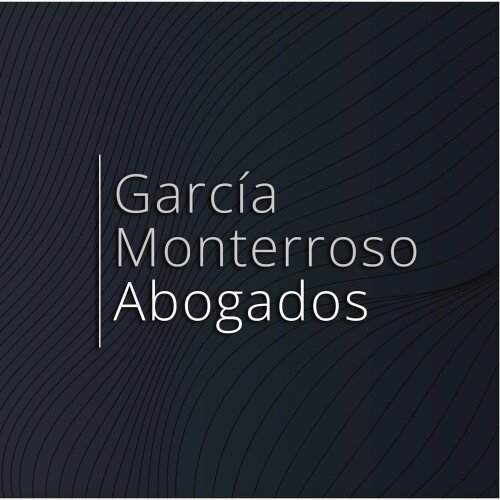Best Legal Document Lawyers in Guatemala
Share your needs with us, get contacted by law firms.
Free. Takes 2 min.
Or refine your search by selecting a city:
List of the best lawyers in Guatemala
About Legal Document Law in Guatemala
Legal document law in Guatemala governs the creation, execution, and recognition of legal documents such as contracts, wills, deeds, and other formalized agreements. These documents are essential in legally documenting transactions, commitments, and dispositions of rights or properties. The regulatory framework for legal documents ensures validity, enforceability, and compliance with both civil and commercial legislation within the country. Legal documents must adhere to specific formats, content requirements, and often require notarization or registration with relevant authorities.
Why You May Need a Lawyer
There are various situations where you may require the expertise of a lawyer for legal documents in Guatemala:
- Drafting and Reviewing Contracts: Ensuring all terms are accurately documented, understanding potential implications, and safeguarding your rights.
- Property Transactions: Navigating the complexities of deeds and sales agreements when buying or selling property.
- Estate Planning: Preparing and properly structuring wills or trusts to ensure they are legally binding.
- Business Documents: Creating shareholder agreements, company bylaws, and other corporate documents.
- Disputes and Litigation: Representing your interests if a legal document becomes contested in court.
Local Laws Overview
In Guatemala, certain legal norms are pivotal in drafting and recognizing legal documents:
- Notarization: Many legal documents must be notarized to be considered valid, particularly for real estate and certain commercial transactions.
- Registration: Some documents need to be registered with public entities, such as the Registry of Property or the Mercantile Registry, to be enforceable.
- Language: Documents should be written in Spanish, as it's the official language of legal proceedings.
- Content Requirements: Legal documents must include essential elements such as identification of parties, clear terms, and signatures.
- Formalities: Compliance with specific formalities, such as signatures, seals, and witnesses, is crucial for validity.
Frequently Asked Questions
What is the importance of notarization in legal documents?
Notarization provides a layer of verification and authentication by a public notary, ensuring the document's legitimacy and proper execution.
Can legal documents be drafted in a language other than Spanish?
Legal documents in Guatemala are typically drafted in Spanish to ensure compliance with local laws and for use in legal proceedings.
What should be included in a contract?
Contracts should clearly state the identification of parties, purpose, terms and conditions, obligations, and signatures of involved parties.
Is it necessary to register a will?
While registration is not always required, it is advisable to register a will with a notary to ensure its recognition and enforcement after the testator's death.
Who can draft a legal document?
While individuals can draft legal documents, it is recommended to involve a licensed lawyer to ensure accuracy and compliance with the law.
What happens if a document lacks a required element?
Lacking essential elements could render a document void or unenforceable, leading to legal complications.
How can you contest a legal document?
To contest a document, you need to file a legal complaint citing the grounds for invalidity, such as fraud or coercion, typically requiring legal representation.
Are electronic signatures recognized?
Electronic signatures are recognized under Guatemalan law; however, their use may be limited to certain types of documents.
What is the role of witnesses in legal documents?
Witnesses can provide additional verification of a document's execution, particularly in wills or high-stakes contracts.
How do you authenticate a legal document from abroad?
Documents from abroad often need to be apostilled at the Guatemalan consulate or embassy to be recognized legally within the country.
Additional Resources
For further assistance and more information, consider the following resources and organizations:
- The Guatemalan Bar Association (Colegio de Abogados y Notarios de Guatemala) for lawyer recommendations.
- Ministry of Public Works, Transport, Housing and Urban Development for property-related documents.
- The Civil Registry for personal status documents like birth or marriage certificates.
- The Judicial Branch of Guatemala for legal processes and requirements.
Next Steps
If you require legal assistance for a document in Guatemala, consider taking the following steps:
- Identify your legal needs and research lawyers specializing in the relevant area of law.
- Schedule consultations with potential lawyers to discuss your situation and evaluate their suitability.
- Prepare all relevant information and documents before meeting with a lawyer to maximize the efficiency of your consultation.
- Discuss the costs and payment structures for legal services upfront to ensure transparency.
- Follow your lawyer's guidance carefully to ensure your legal documents are properly executed and compliant with Guatemalan law.
Lawzana helps you find the best lawyers and law firms in Guatemala through a curated and pre-screened list of qualified legal professionals. Our platform offers rankings and detailed profiles of attorneys and law firms, allowing you to compare based on practice areas, including Legal Document, experience, and client feedback.
Each profile includes a description of the firm's areas of practice, client reviews, team members and partners, year of establishment, spoken languages, office locations, contact information, social media presence, and any published articles or resources. Most firms on our platform speak English and are experienced in both local and international legal matters.
Get a quote from top-rated law firms in Guatemala — quickly, securely, and without unnecessary hassle.
Disclaimer:
The information provided on this page is for general informational purposes only and does not constitute legal advice. While we strive to ensure the accuracy and relevance of the content, legal information may change over time, and interpretations of the law can vary. You should always consult with a qualified legal professional for advice specific to your situation.
We disclaim all liability for actions taken or not taken based on the content of this page. If you believe any information is incorrect or outdated, please contact us, and we will review and update it where appropriate.
Browse legal document law firms by city in Guatemala
Refine your search by selecting a city.

















